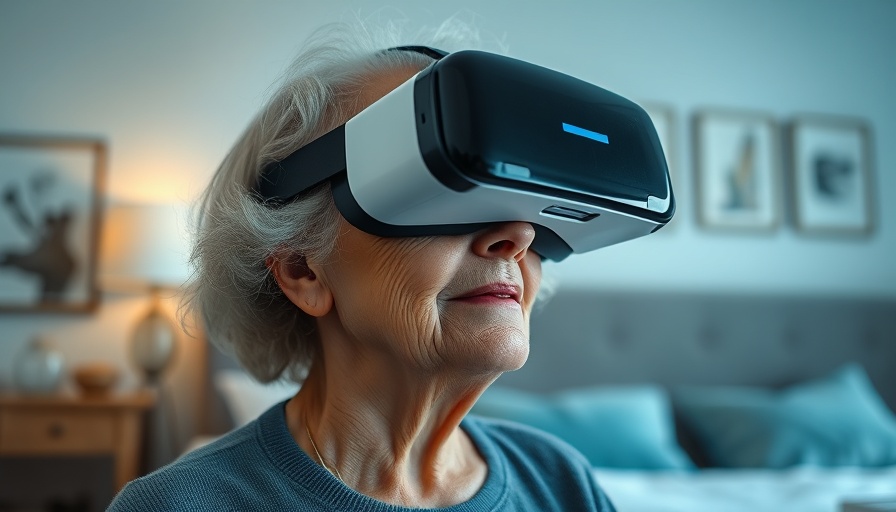
The Secrets of Supercentenarians: What We Can Learn
Maria Branyas, who reached the impressive milestone of 117 years, offers a unique glimpse into the secrets of extreme longevity. With a life that spanned more than a century, her journey is not just an anomaly, but a case study that researchers are examining to unlock the mysteries of aging. One fascinating element identified in her lifestyle is her regular consumption of three yogurts a day, which may enhance gut health and overall wellness. In fact, microbiomes play a crucial role in influencing factors such as inflammation, metabolism, and even mood.
Genetics vs. Lifestyle: The Perfect Balance
While genes certainly play a role in longevity—Branyas possessed rare genetic variants linked to aging—her lifestyle choices were pivotal. A Mediterranean diet rich in vegetables, fruits, and healthy fats, combined with strong social connections through family and friends, contributed to her healthy aging process. Balancing genetics with positive lifestyle choices is key in promoting longevity, suggesting that adopting healthy habits can enhance one’s life expectancy.
Timeless Insights into Health and Wellness
The findings from Branyas’ study serve as important insights for individuals seeking to optimize their health. Implementing elements such as a balanced diet, regular physical activity, quality sleep, and engaging in stimulating activities can foster improved health outcomes. Additionally, healthcare practices like regular health screenings and preventive care help in identifying and mitigating chronic diseases long before they become significant health concerns.
Taking Action for a Longer Life
As we consider the lessons from Branyas’ extraordinary life, it's clear that everyone can adopt preventative measures to improve health and longevity. By embracing nutrition education, physical activity, and mental wellness strategies, individuals can foster a proactive approach to healthcare. Lifestyle medicine encourages individuals to make informed choices that prioritize health and prevent disease.
Conclusion: What’s Your Longevity Strategy?
Maria Branyas’ life story is not just about genetics but also the power of lifestyle in achieving health and longevity. Whether it’s through the everyday joy of enjoying yogurt or the support of loved ones, small lifestyle adjustments can yield significant benefits. Take proactive steps today towards improving your health by incorporating wellness programs and preventive care into your routine. Remember, longevity is not merely about living longer; it’s about living better.
 Add Row
Add Row  Add
Add 




Write A Comment